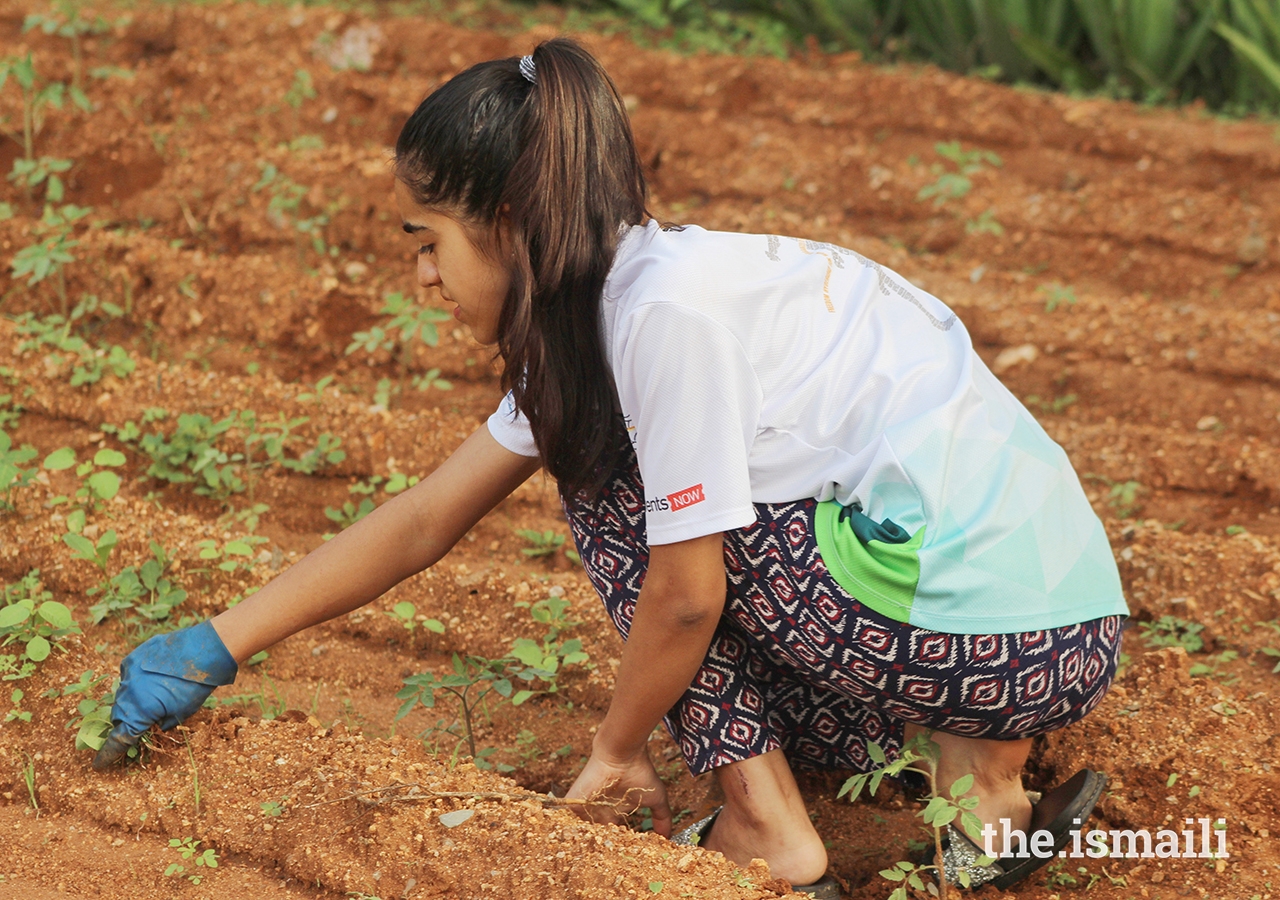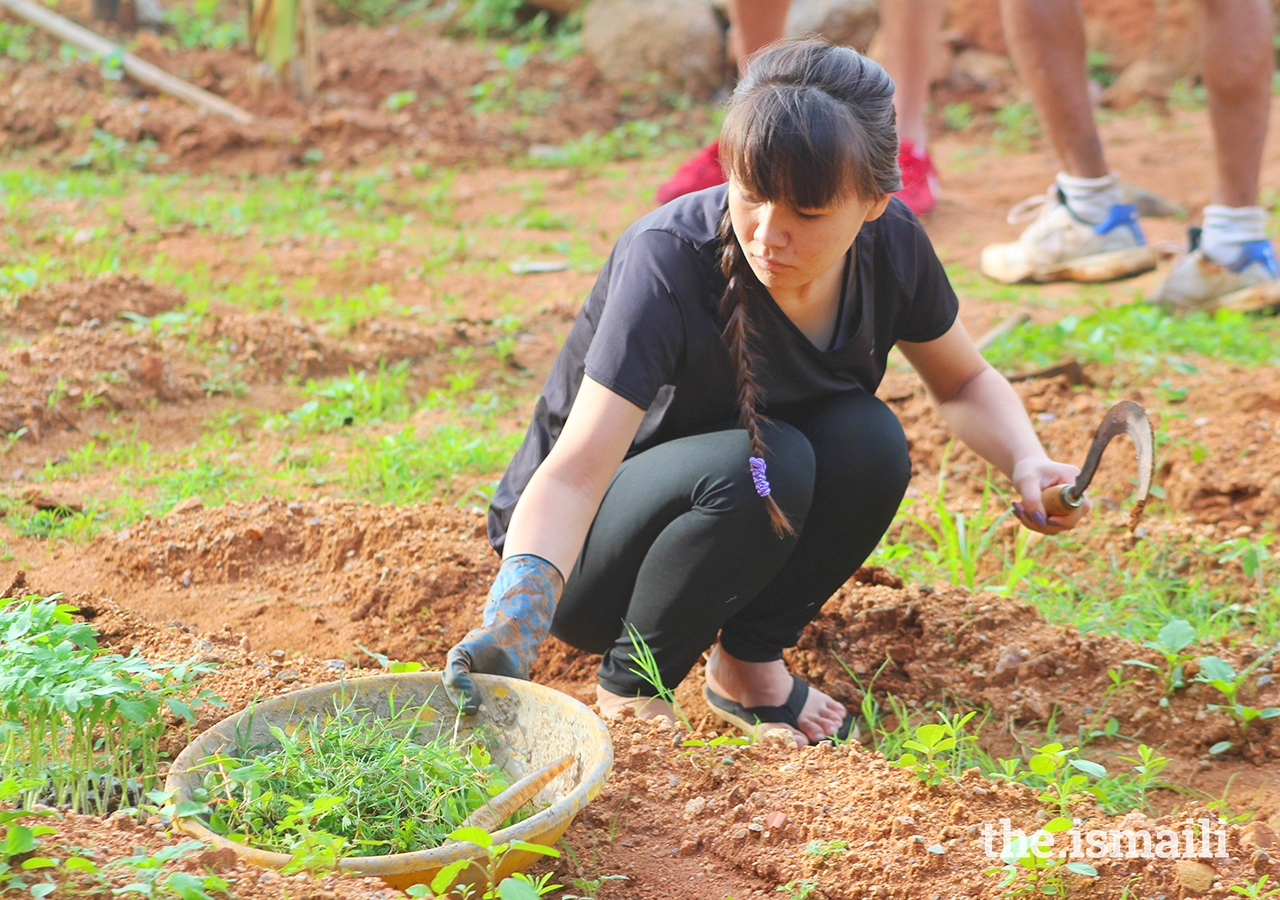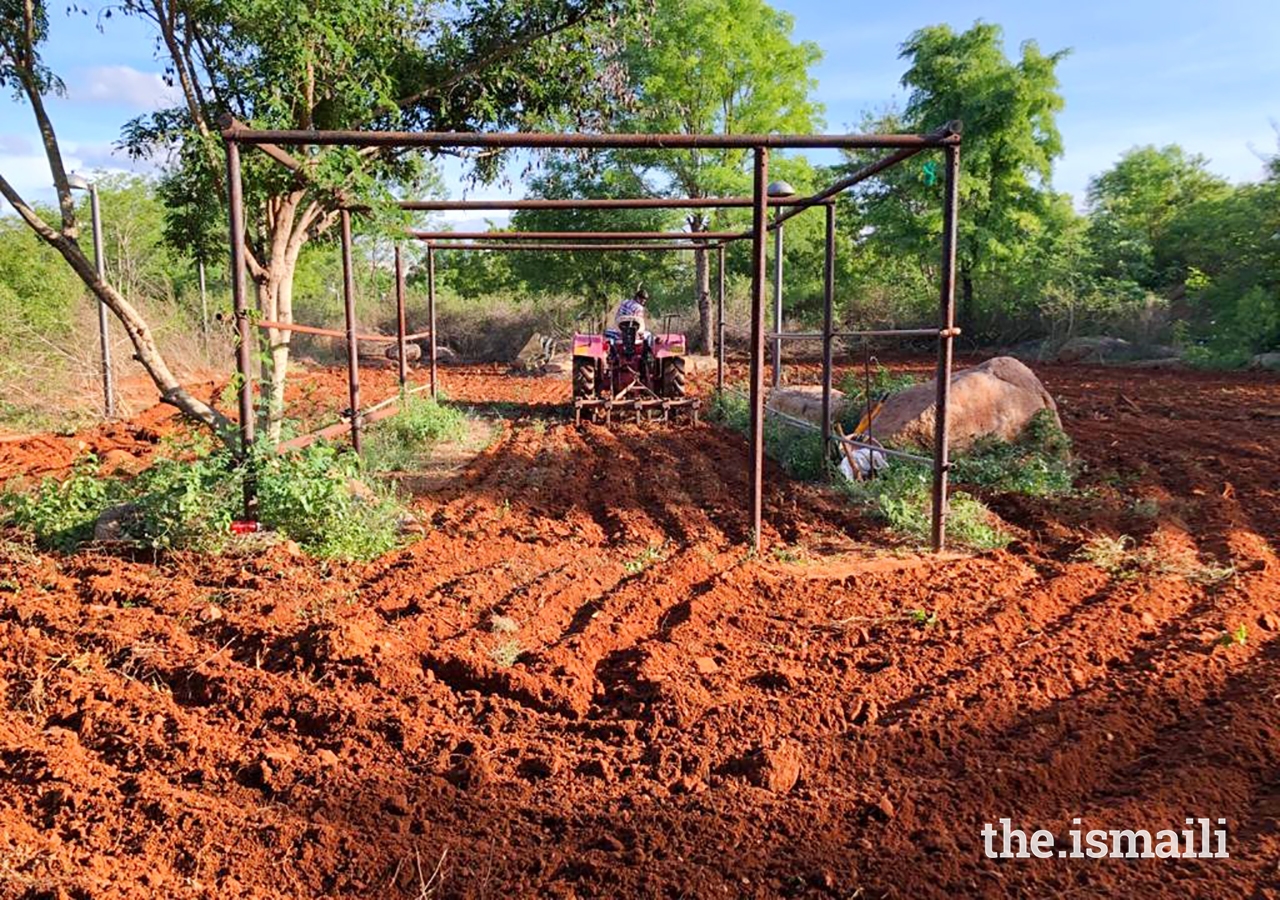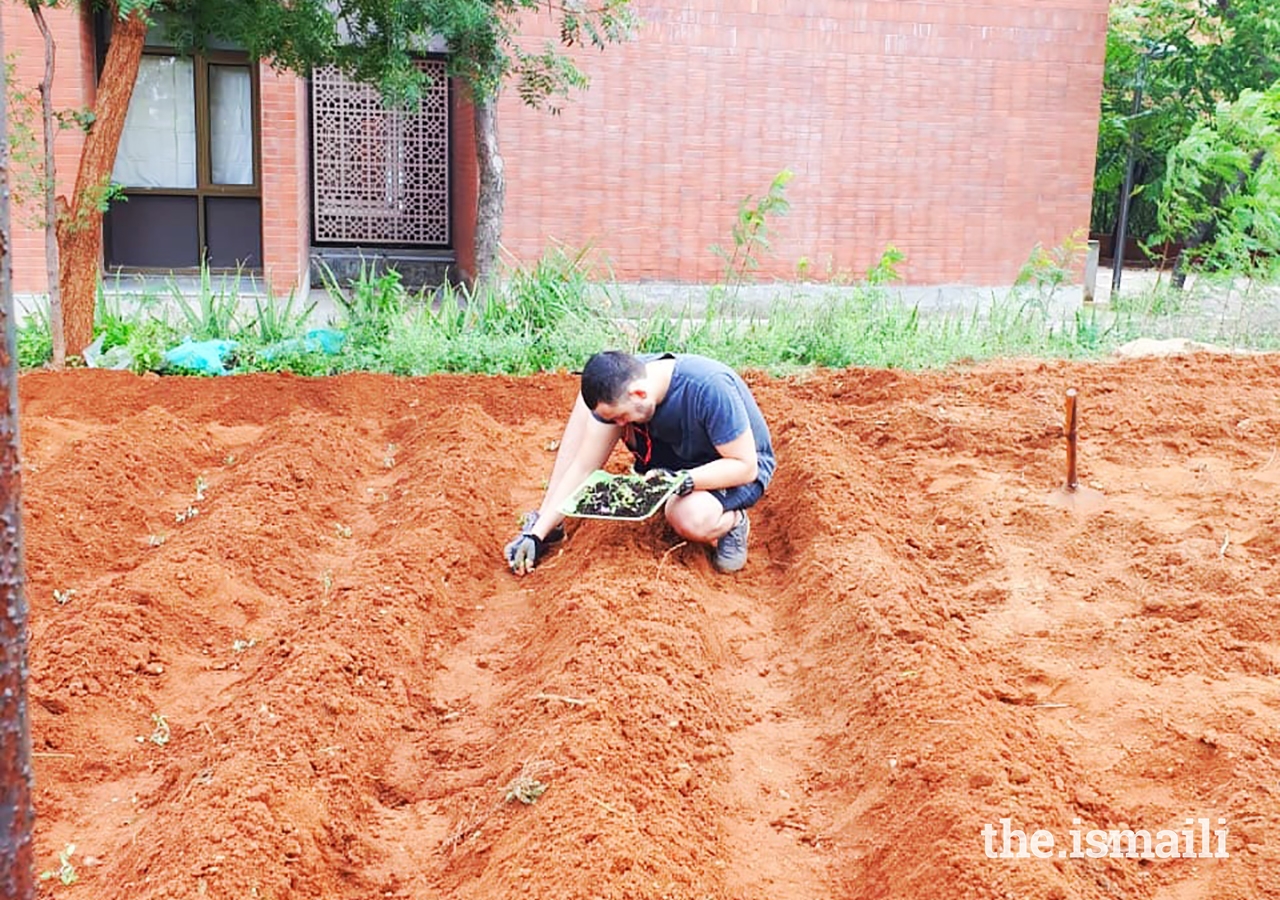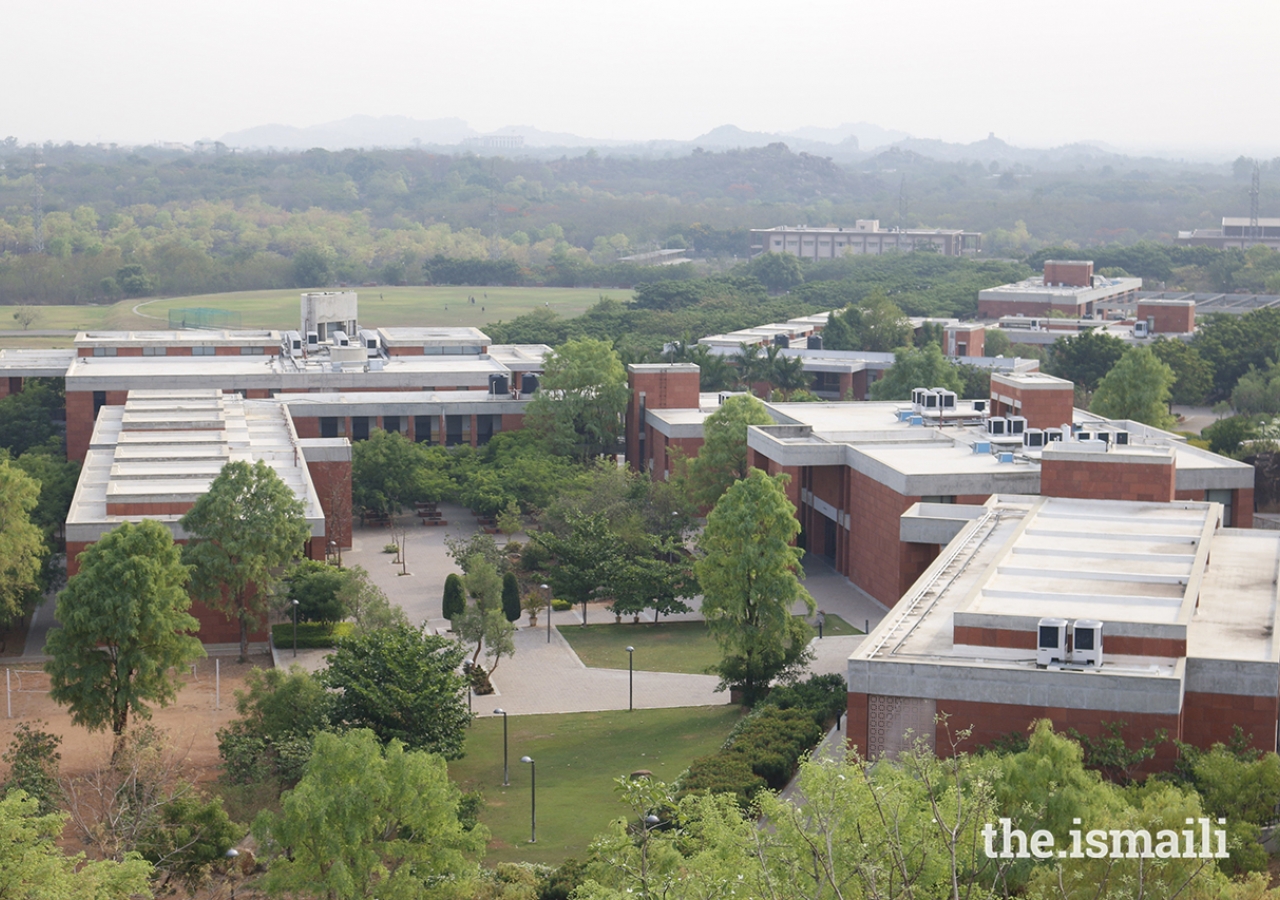img_8352-01.jpeg
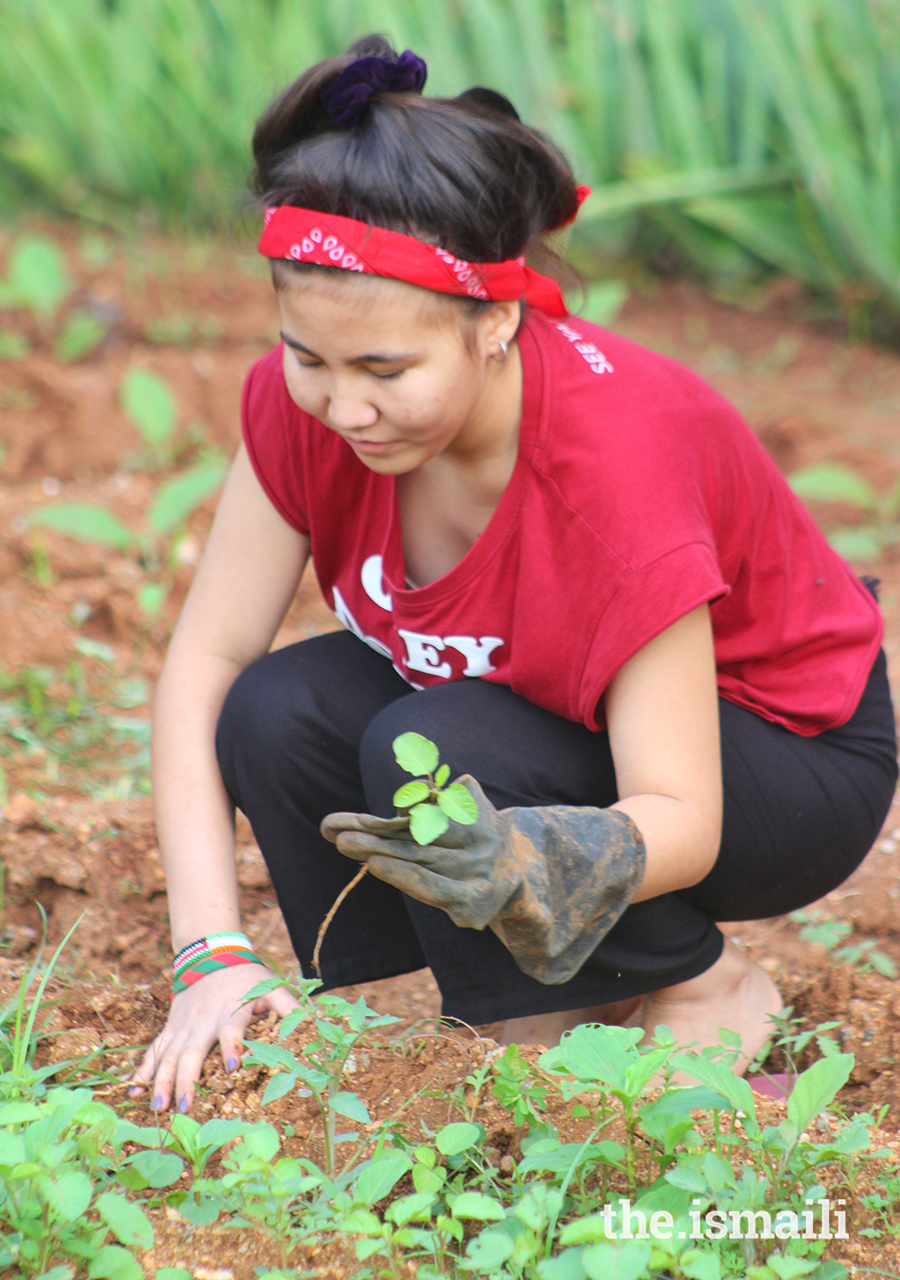
Studying at the Academy, students are often reminded of their environmental responsibility to enact positive change. The mission of the Academy is to prepare students for lives characterised by service, leadership, and stewardship.
With that in mind, the students endured the difficult task of digging the ground, removing unwanted stones, and softening the soil. On about 8,000 square yards, the students planted a variety of fruits and vegetables, hoping to yield everything from mangoes to coriander.
img-20200615-wa0004-01.jpeg
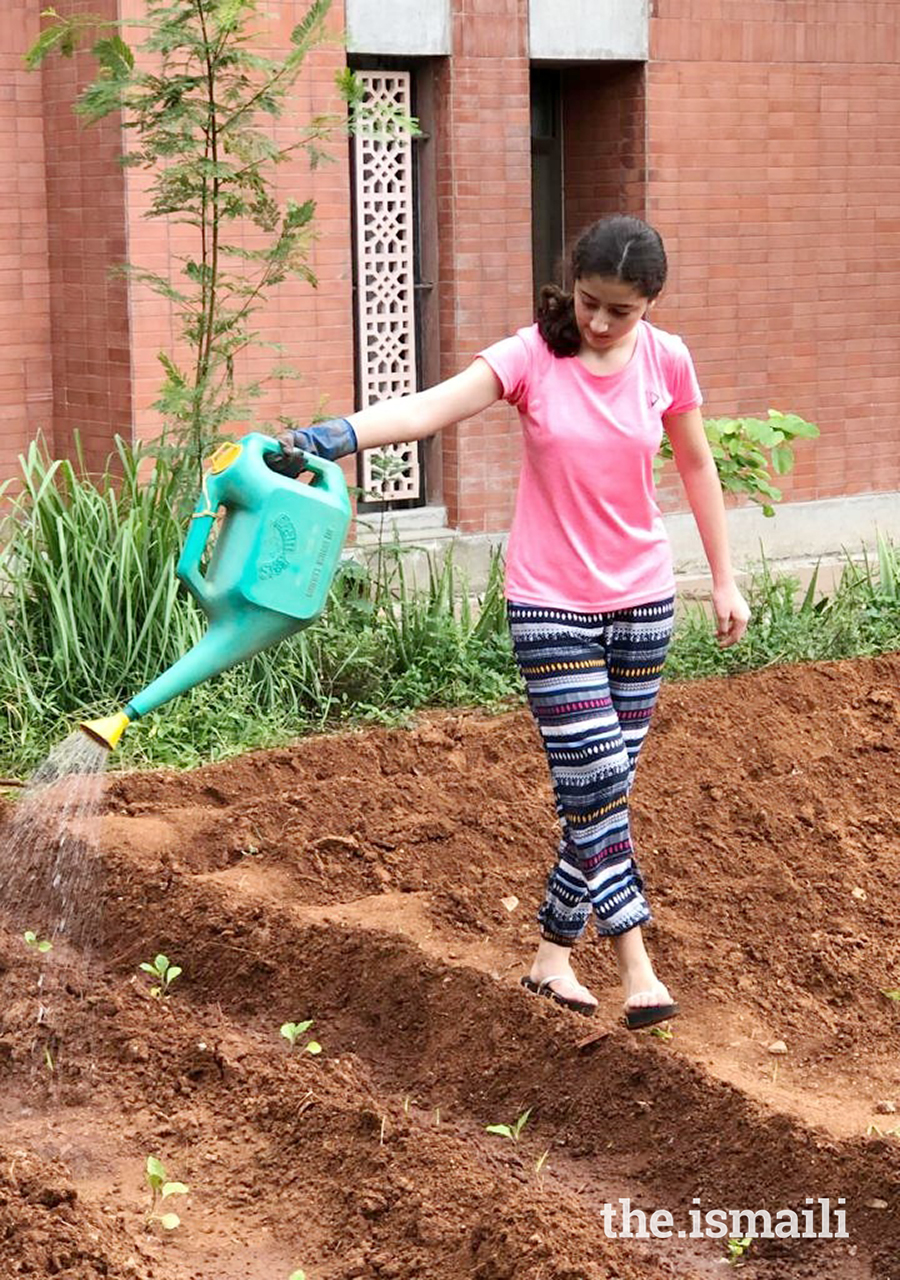
Sustainability and preservation were some of the key learnings in this project. Compost and green manure were used instead of chemical fertilizers to avoid water pollution and other possible damage to the environment.
“I am very proud of my students’ hard work and I am happy that they are learning new skills,” said Mr Venkat, the faculty member affiliated with the project. “I want to spread awareness about the effects of pesticides and the importance of organic food among students and family members at the Academy.”
Even plants that were removed in order to make way for the growth of the farm were used rather than wasted. For example, the naturally growing neem tree was chopped to protect the plants, but the branches were used as scaffolding to support the growth of bottle gourd and tomato plants, and the leaves were used to repel insects that would damage the plants.
Through this experience, the students improved their teamwork and collaboration skills, adopted more sustainable and healthy habits, and gained an experience they wouldn’t have been able to have in a classroom environment.
Farkhunda Fazelyar, one of the participating students, said of the project: “Organic farming has given me the opportunity to experience life as a caretaker of the environment and a steward of Allah’s creation.”

